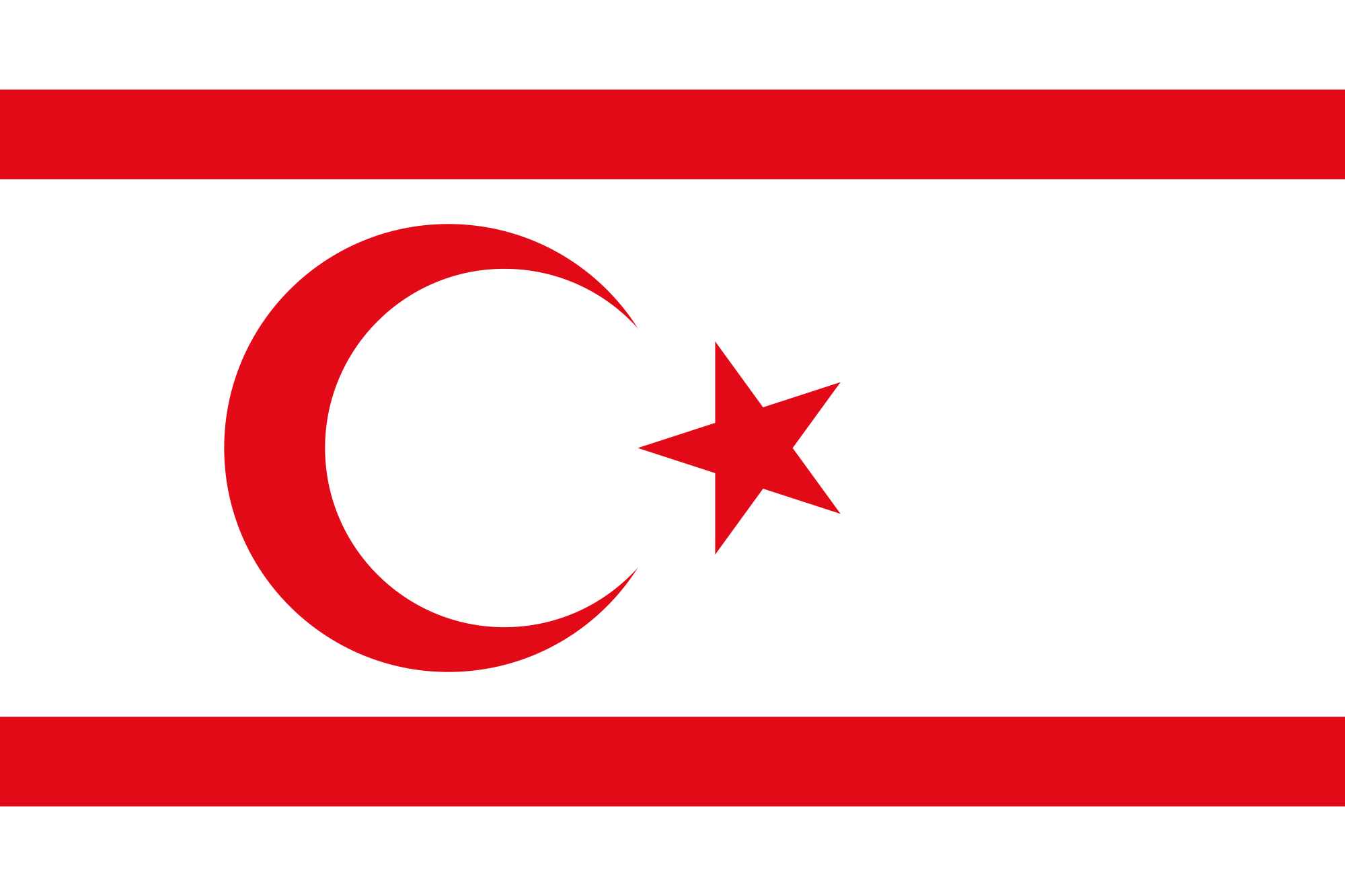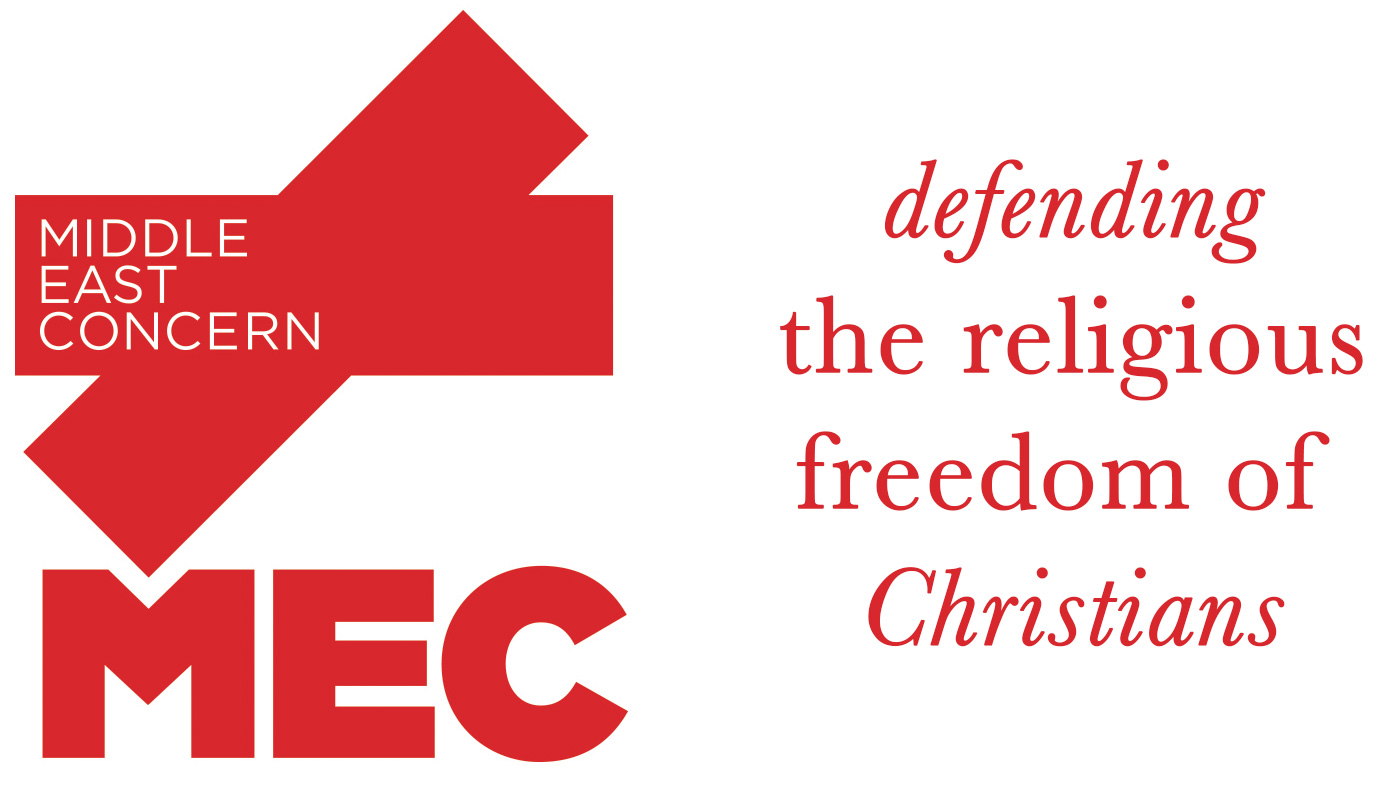
North Cyprus remains divided from the Republic of Cyprus by the Green Line established in 1974. The self-proclaimed Turkish Republic of Northern Cyprus is officially recognised only by Türkiye, though the “Turkish Cypriot State” has observer status with the Organisation for Islamic Cooperation. According to the governing authorities, the population of North Cyprus is slightly more than 400,000 but other sources estimate at least double that figure. Beside local Turkish Cypriots, permanent residents include many settlers from Türkiye and expatriate businessmen and homeowners. The Turkish community is predominantly Sunni Muslim with a small Alevi component (an offshoot of Shi’a Islam). Indigenous Christians include a Catholic Maronite community and a small number of Greek Cypriots in the Karpasia (Karpaz). Other Christians are predominantly within expatriate communities, particularly university student groups. The Anglican and Catholic Churches have a presence in Kyrenia and Famagusta, serving primarily the expatriate community.
Regulation of religious activities in North Cyprus is overseen by a Sunni Muslim institution, the Vakıf. In practice, the legal framework in Northern Cyprus is generally supportive of freedom of religion and belief. Sunni Islam has some preferential treatment, including tax-exempt status for some institutions. Adherents of any faith are allowed to register associations. The state school curriculum includes compulsory religious instruction focusing primarily on Islam, but also including comparative religion. Non-Muslim students may be excused from attending these classes at the request of their guardians. In October 2013 an agreement was concluded between religious leaders from the whole of Cyprus whereby Muslim and Greek Orthodox religious leaders are entitled to cross the Green Line freely. The Religious Track of the Cyprus Peace Process (RTCYPP) is a key initiative promoting religious dialogue and cooperation to foster peace and reconciliation. The RTCYPP, initiated in 2009 under the auspices of the Swedish embassy in Nicosia, fosters cooperation among religious leaders to advance human rights, peace, and reconciliation. It emphasizes the importance of religious freedom and the protection of religious monuments.
North Cyprus cannot be a state party to international treaties as it is not recognised by the United Nations. However, North Cyprus is not exempt from conforming to international norms. According to some interpretations, the obligations applying to the Republic of Cyprus (including the International Covenant on Civil and Political Rights which upholds the right to freedom of religion) apply equally within Northern Cyprus.
Following the intervention of Turkish troops in 1974 and resultant division of the island, over 550 churches, chapels and monasteries were pillaged, vandalized and, in some cases, demolished. Many Christian places of worship were converted into mosques, depots of the Turkish army, stockyards and barns. However, in recent years some reconstruction and renovation of Greek Orthodox church buildings has been permitted, especially in touristic areas. Expatriate Christians in North Cyprus face few restrictions on worship, provided they are sensitive to the predominantly Muslim host communities. Citizens of North Cyprus who choose to leave Islam may face some family and societal pressure. Many Cypriots are concerned about increasing Islamisation in North Cyprus, such as the erection of excessively large mosques funded by Türkiye. In March 2025 a new regulation to permit girls to wear Islamic headscarves at schools led to protests by Turkish Cypriots complaining that the community’s secular traditions are under threat.
